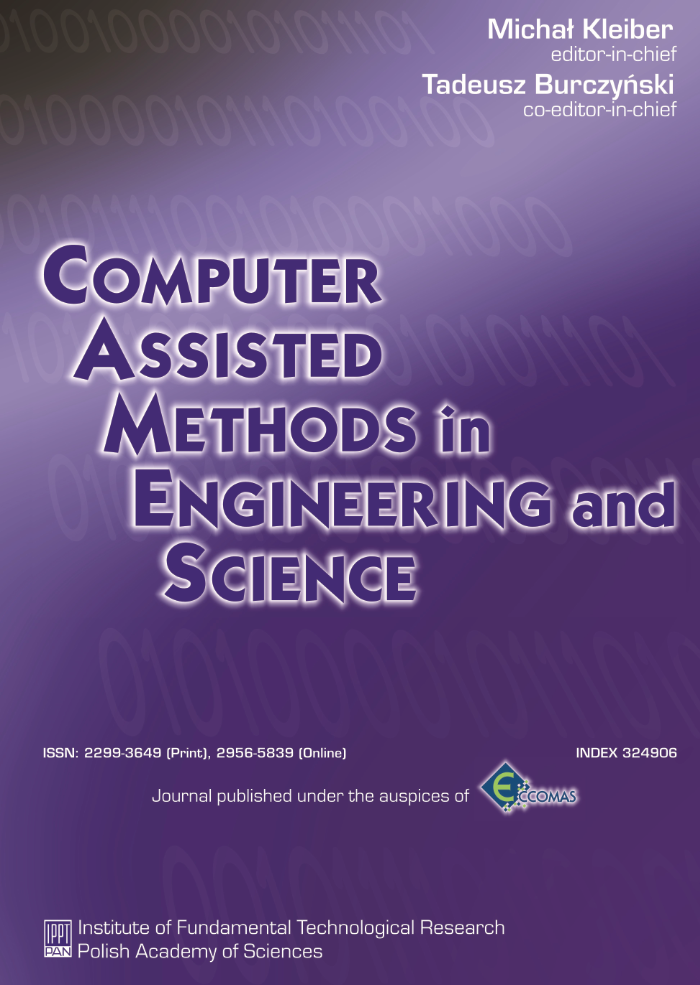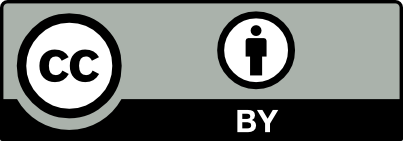Abstract
The optimization of the nozzle shape was carried out using the finite element incompressible viscous flow solver, with discretization of total derivative, with the originally developed software. Optimization procedure used conjugate gradient method, with finite difference approximation of gradient of objective function. The mesh generator, specially adapted for chosen shape parametrization in the form of splines using Bezier cubic curve segments, has been used in optimal shape design of the nozzle. The examples of optimization with constraints, the nozzle shape optimization, and the unconstrained optimization of the confusor are presented. All test cases showed good convergence properties that qualifies the proposed methodology as appropriate for shape optimization in viscous flow problems.
References
[2] A. Dervieux. Some recent advances in optimal shape design for aeronautical flows. In: S. Wagner et al. , eds., Computational Fluid Dynamics '94, 251-258. J . Wiley, Chichester, 1994.
[3] DIN 1952, Durchflussmessung mit Blenden, Duesen, und Venturirohren in voll durchstroemten Rohren mit Kreisquerschnitt. Beuth Verlag GmbH, Berlin, 1982.
[4] T. Fol, P. Colin, D. Destarac. Application of Numerical Optimization Methods to 3D Aerodynamic Design. In: S. Wagner et al., eds., Computational Fluid Dynamics '94, 259-267. J . Wiley, Chichester, 1994.
[5] L.D. Landau, E.M. Lifshic. Teoreticeskaja fizika, tom VI, Gidrodinamika. Nauka, Moskva 1988.



